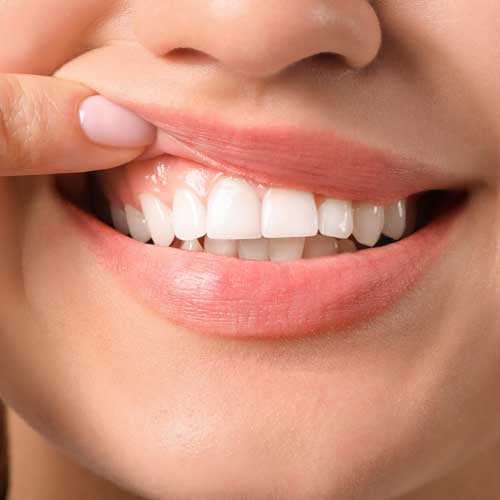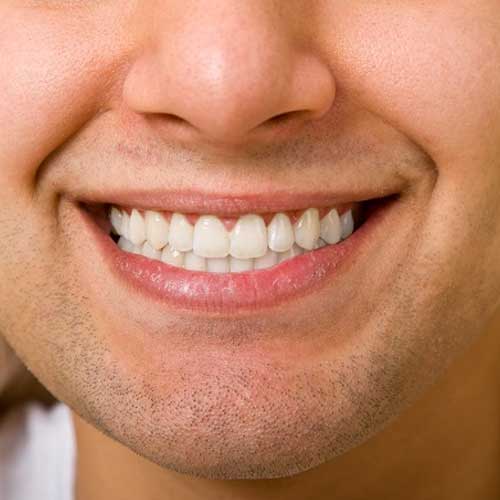
Smoking is not only harmful to your lungs and overall health but also has a significant impact on your oral health. From stained teeth to serious gum diseases, smoking can undermine the health of your mouth in several ways. Understanding these effects and the benefits of quitting can help motivate you to take steps towards a healthier, brighter smile.
1. How Smoking Affects Your Teeth and Gums

1. Stained Teeth: One of the most noticeable effects of smoking is the discoloration of teeth. Nicotine and tar from cigarettes can cause teeth to develop a yellow or brownish tint. This staining can be stubborn and resistant to regular brushing, leading many smokers to seek professional whitening treatments.
2. Gum Disease: Smoking significantly increases the risk of gum disease (periodontitis), a serious infection of the gums that can damage the soft tissue and bone supporting the teeth. Smokers are more likely to experience gum inflammation, bleeding, and recession. The harmful chemicals in cigarettes impair the blood flow to the gums, reducing their ability to heal and increasing the likelihood of infection.
3. Bad Breath: The chemicals in tobacco contribute to chronic bad breath, or halitosis. Smoking dries out the mouth, which can reduce the natural flushing of bacteria and food particles, leading to unpleasant odors and an increased risk of oral infections.
4. Reduced Ability to Taste and Smell: Smoking can dull your taste buds and reduce your sense of smell. This not only affects your enjoyment of food but can also make it harder to detect oral health issues like infections or decay.
5. Oral Cancer Risk: Smoking is a major risk factor for oral cancer. The carcinogens in tobacco can cause changes in the cells of the mouth and throat, potentially leading to cancer. Regular dental check-ups are crucial for detecting any early signs of cancer.

2. The Benefits of Quitting Smoking for Your Oral Health

1. Improved Gum Health: Quitting smoking can significantly improve your gum health. Once you stop, your gums are better able to heal and regenerate. This can reduce inflammation, bleeding, and the risk of developing gum disease.
2. Whiter Teeth: Stopping smoking prevents further staining and allows existing stains to fade over time. Many people notice an improvement in the whiteness of their teeth after quitting, especially when combined with professional dental cleanings.
3. Fresher Breath: Without the lingering smell of tobacco and with improved oral hygiene, quitting smoking leads to fresher breath. This can enhance your confidence and overall comfort.
4. Enhanced Taste and Smell: As your taste buds recover, you’ll enjoy food more and have a better sense of smell. This can contribute to a more enjoyable and healthier eating experience.
5. Lower Risk of Oral Cancer: By quitting smoking, you significantly reduce your risk of developing oral cancer. This not only improves your oral health but also contributes to your overall well-being.

4. Tips for Quitting Smoking and Improving Dental Health

Seek Professional Help: Consult with your dentist or a healthcare provider for guidance and support in quitting smoking. They can provide resources, such as nicotine replacement therapies or medications, to help manage withdrawal symptoms.
Set a Quit Date: Choose a date to quit smoking and prepare yourself mentally and physically. Inform friends and family of your decision so they can offer support.
Adopt a Healthier Lifestyle: Replace smoking with healthier habits, such as exercise or engaging in hobbies. This can reduce cravings and improve your overall health.
Practice Good Oral Hygiene: Brush and floss regularly to keep your teeth and gums healthy. Regular dental check-ups are essential for monitoring your oral health and addressing any issues early.
Stay Hydrated: Drink plenty of water to help maintain a moist environment in your mouth and support your body in flushing out toxins.
By understanding the negative impact of smoking on your oral health and taking proactive steps to quit, you can significantly enhance the health and appearance of your smile. Quitting smoking is a vital step towards achieving a healthier, more vibrant smile and improving your overall well-being.
